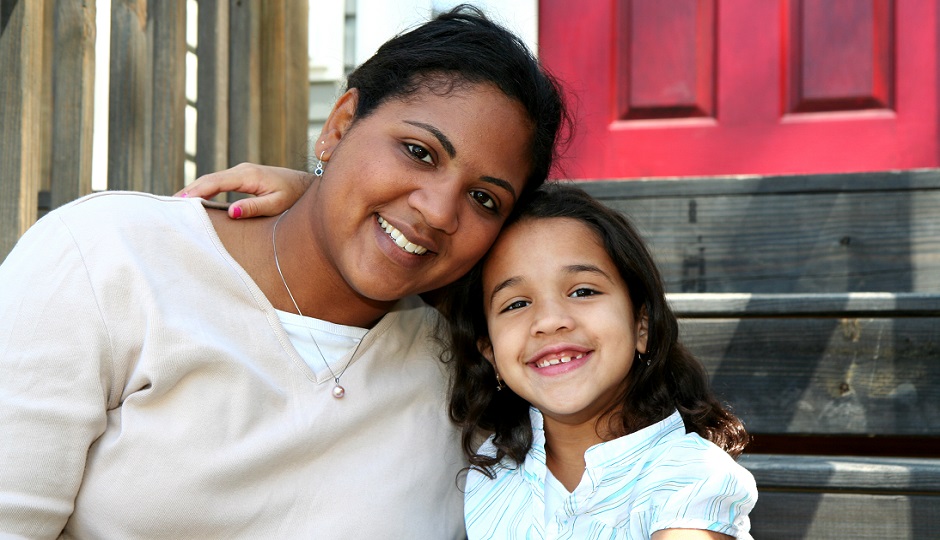The general objective of this research was to measure the health and well-being of singles and families living in low-rent housing, while at the same time determining the impact of living in this type of environment. Montreal and a medium-sized urban centre served as terrain of investigation. First of all, the work showed that households living in low-rent housing have frequent health problems, regardless of whether they live alone or with children. The percentage of people with severe psychological distress is twice as high among the residents of low-rent housing as in the Quebec population as a whole.
Households living in low-rent housing have frequent health problems.
The results indicate that the laws respecting the allocation of low-rent housing are reaching their target, as the socioeconomic characteristics of the family households surveyed correspond closely to the intentions of the legislator. Does low-rent housing, by its nature and its location within the urban landscape, contribute to reinforcing inequalities or to developing abilities?
The results of the study, as well as a review of the literature, appear to indicate that the housing situation is not the cause of most of the problems experienced by its residents, but rather a reflection of these problems, constituting a sort of résumé of their difficulties. It is important to link these findings with the literature review and an analysis of the social policies of other countries such as Great Britain and Italy. The planning and introduction of community intervention services in disadvantaged areas emerges as a leading-edge promising practice.
Main researcher: Paul Morin, Université de Sherbrooke
Original title: Évaluation des impacts de la composante habitation à loyer modique de la Loi sur la Société d'habitation du Québec quant à la santé et au bien-être des ménages familiaux




